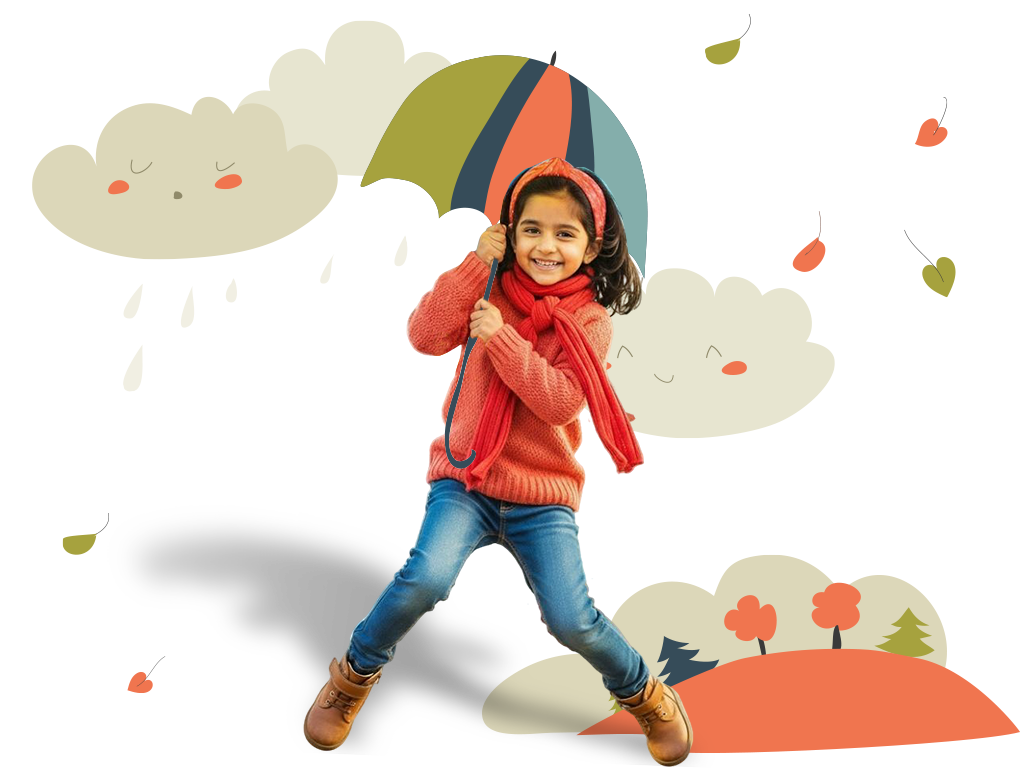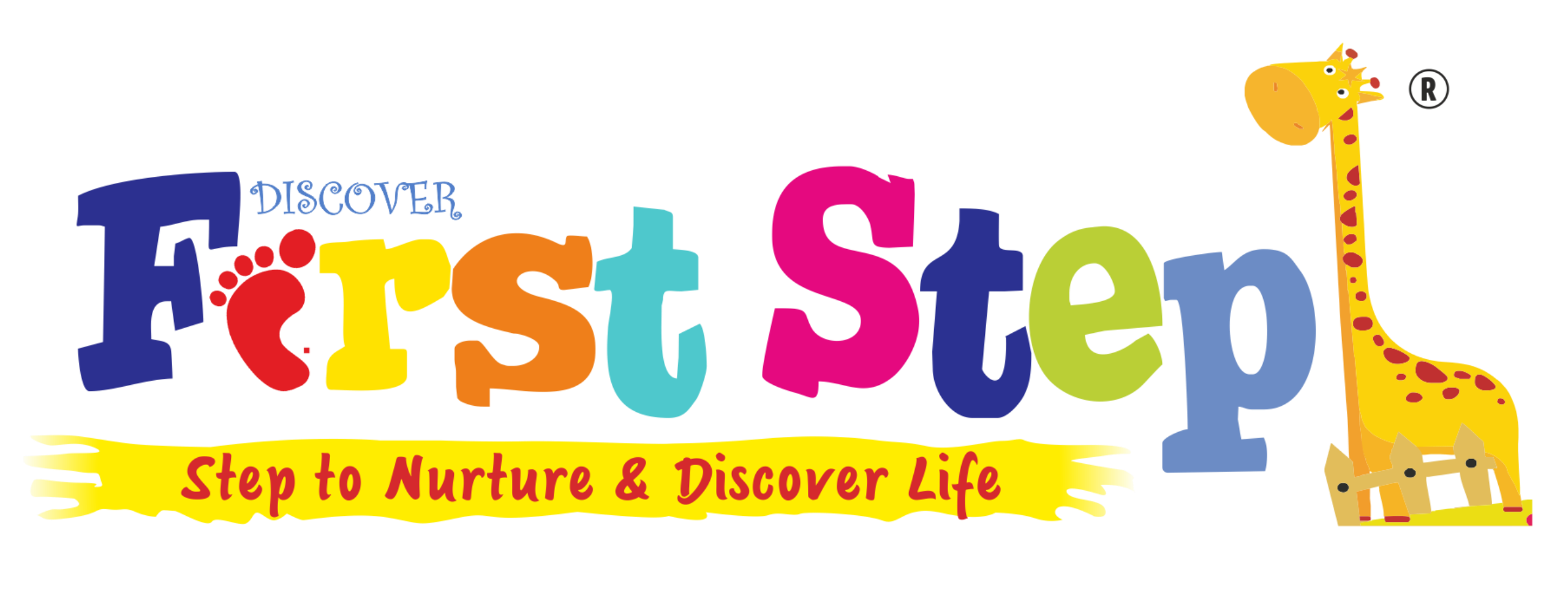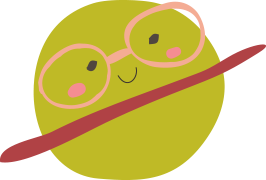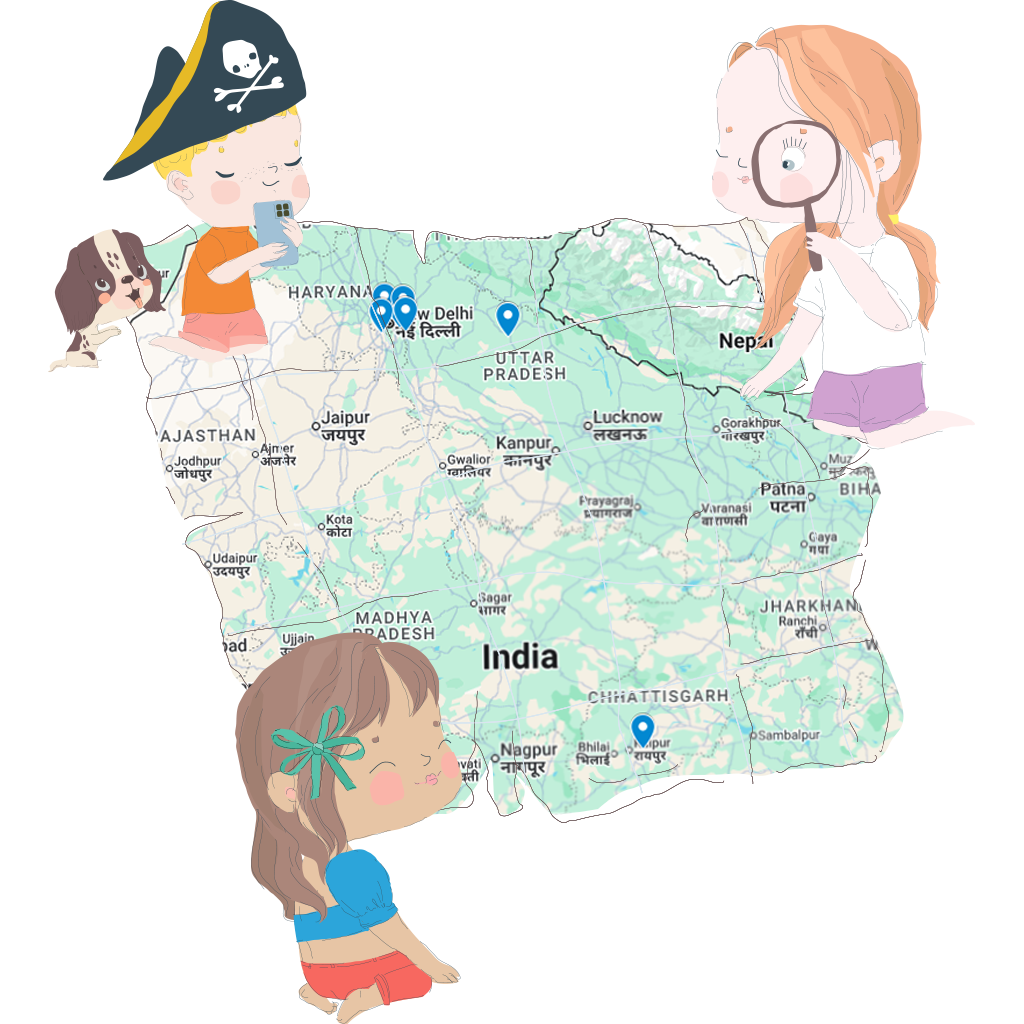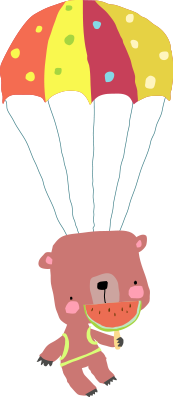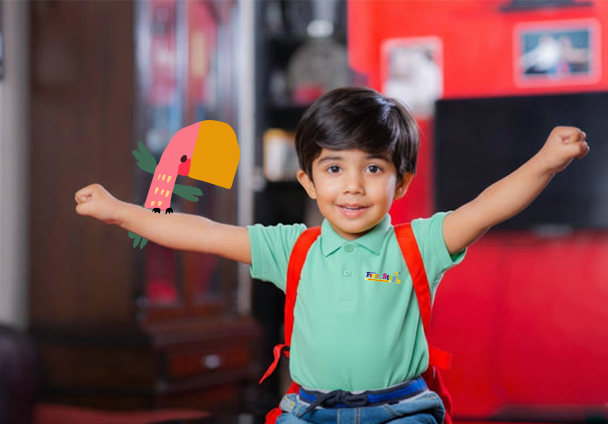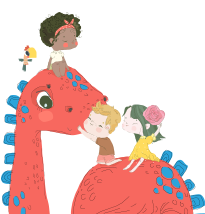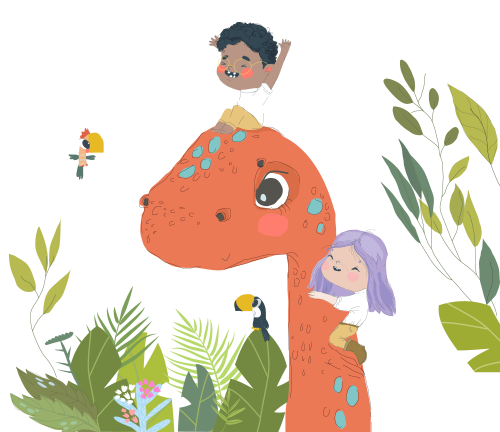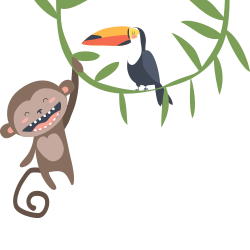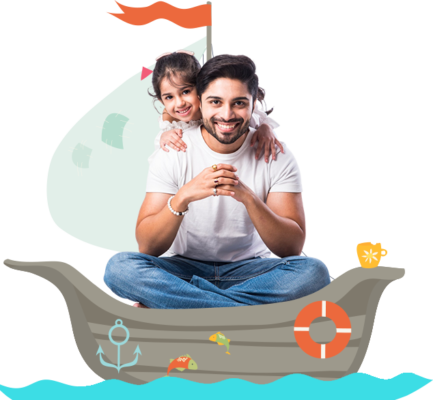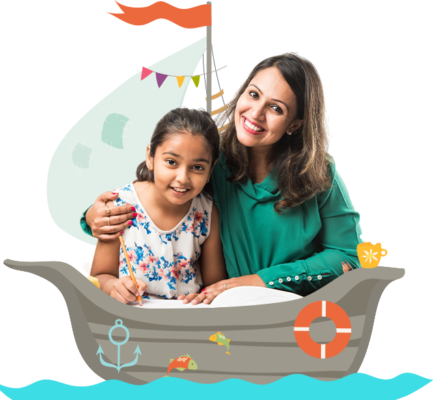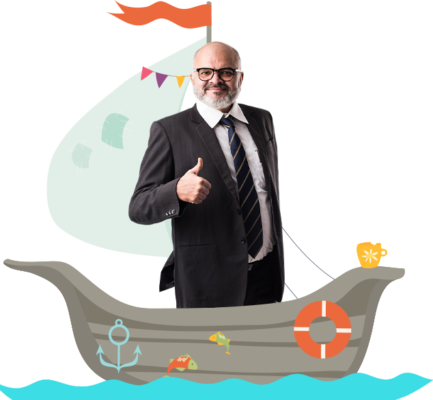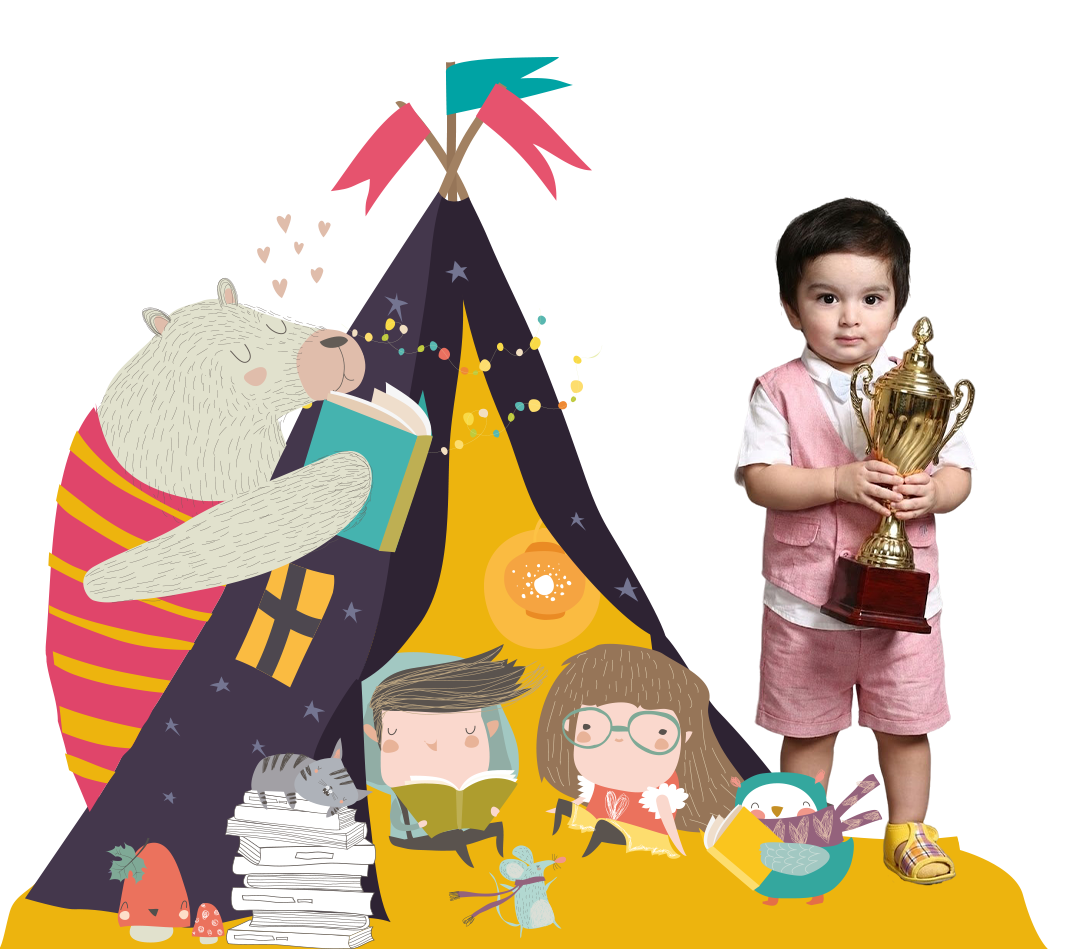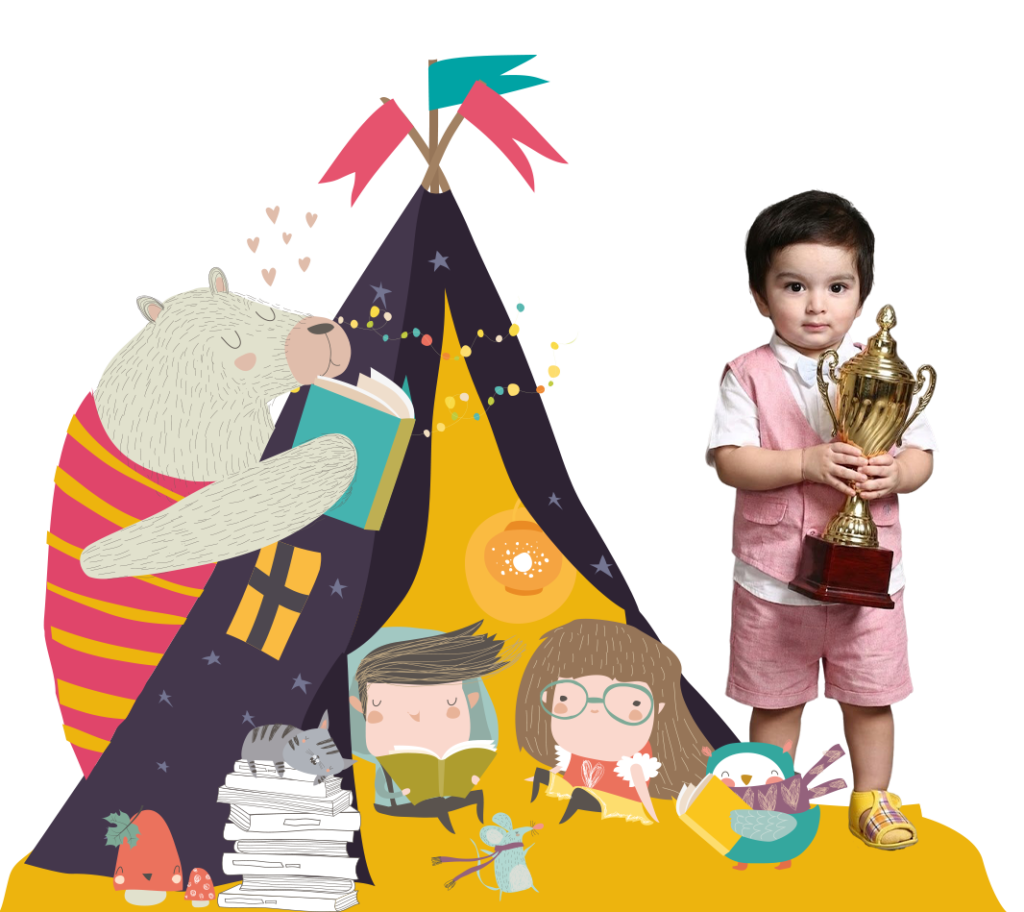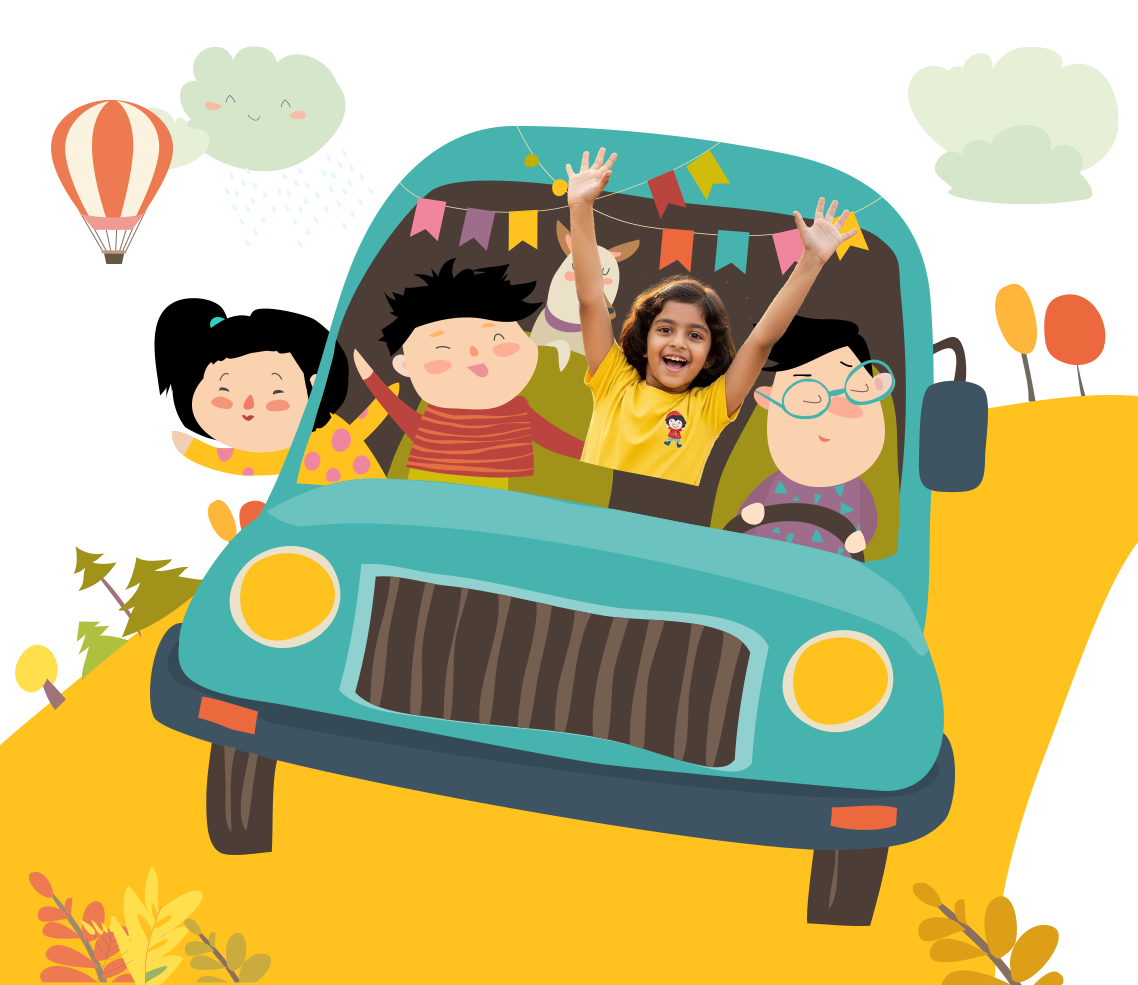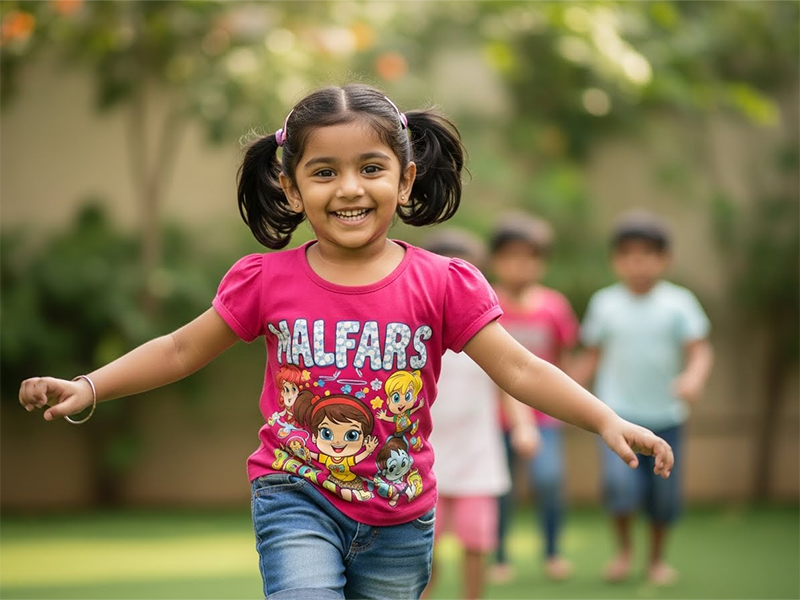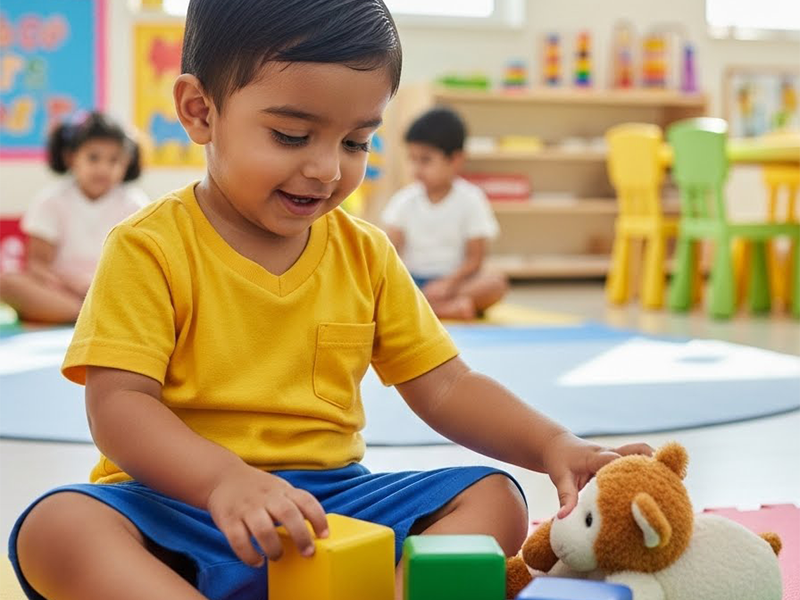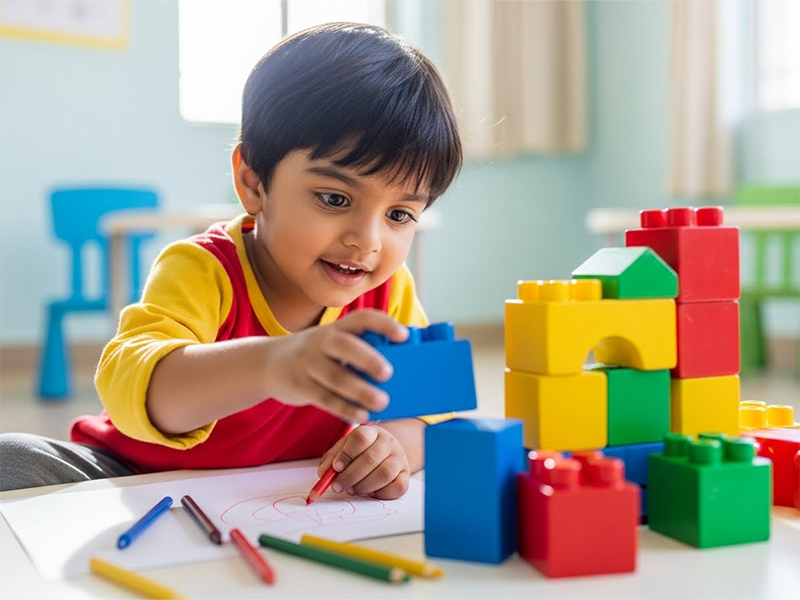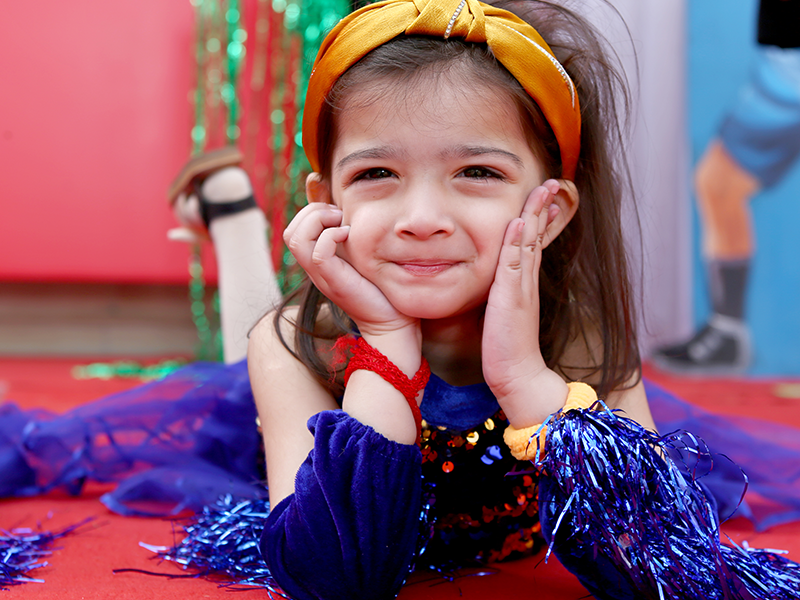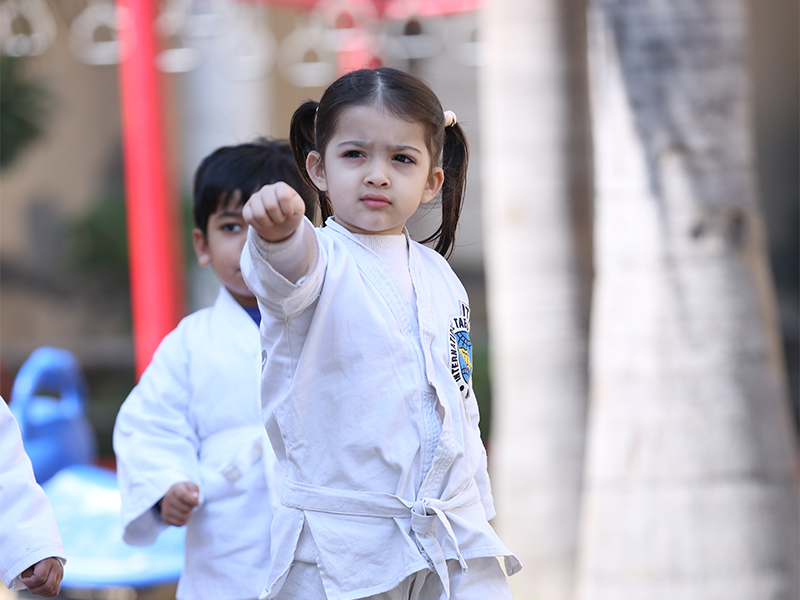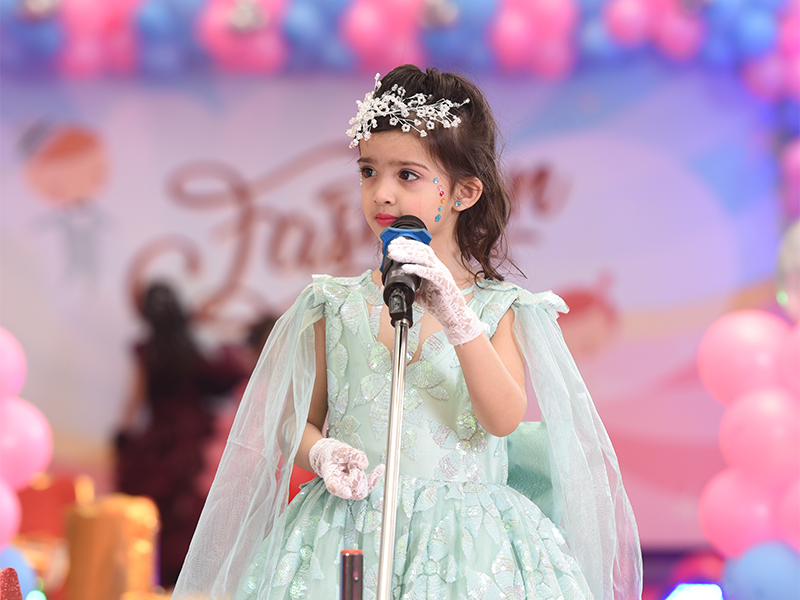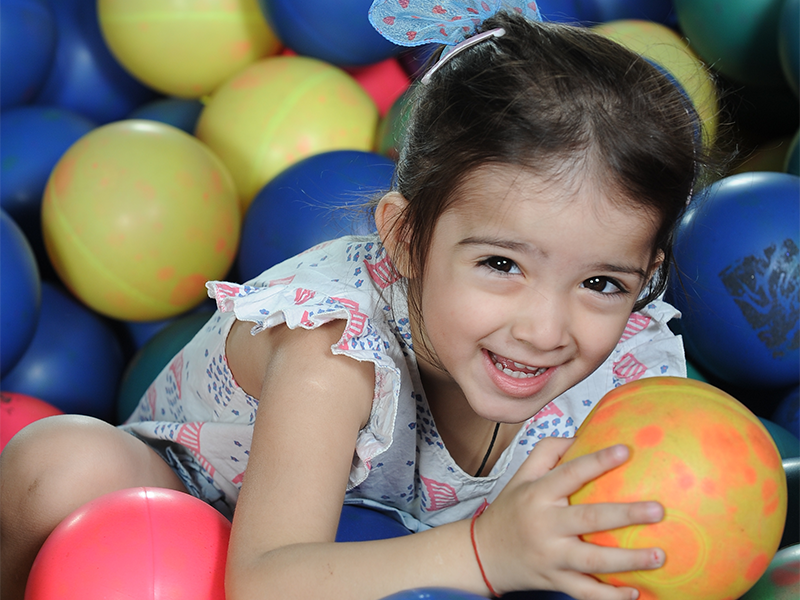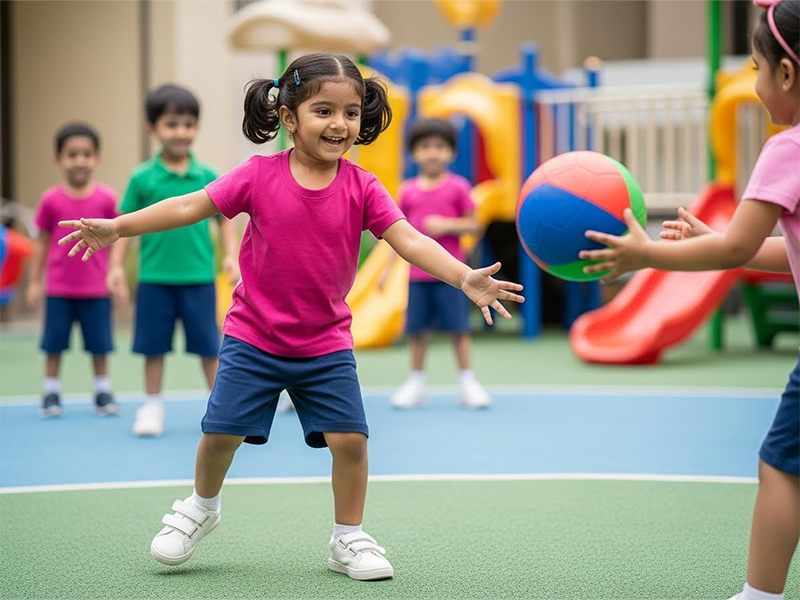
Rhythm&Blues
Music & Arts is a universal form of human expression. It helps children to explore, share and communicate their sense of identity and understanding of the world.
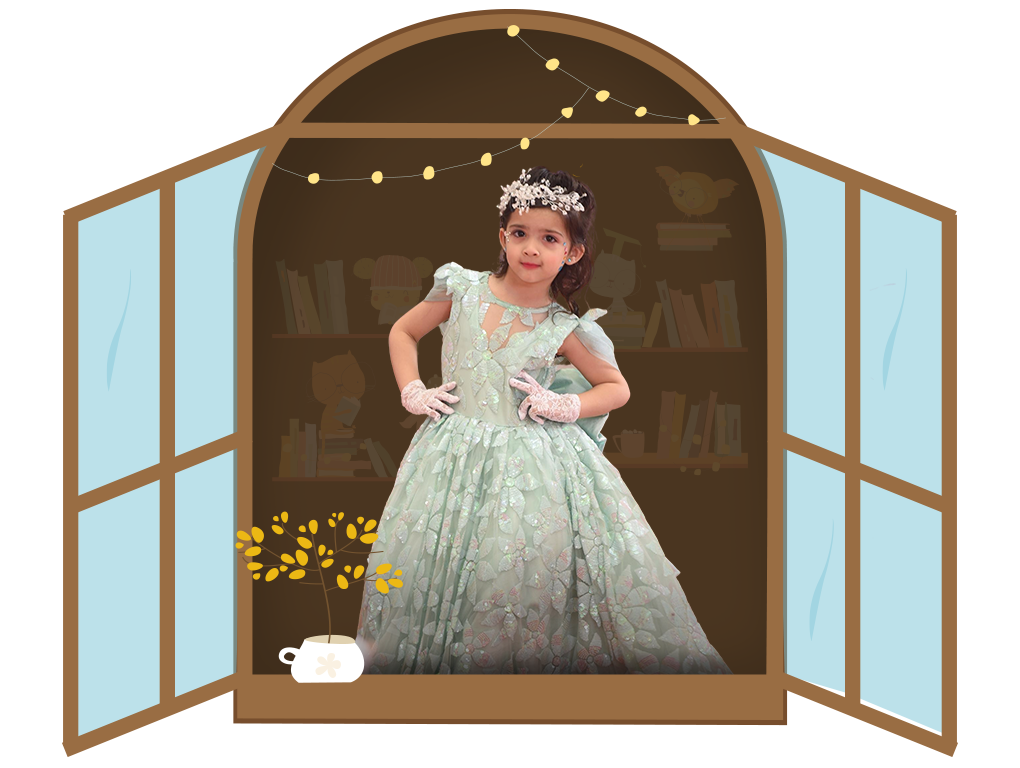
Careers at DFS
We are building a team of leaders to accomplish our ambitious mission and further the cause of education around the world.
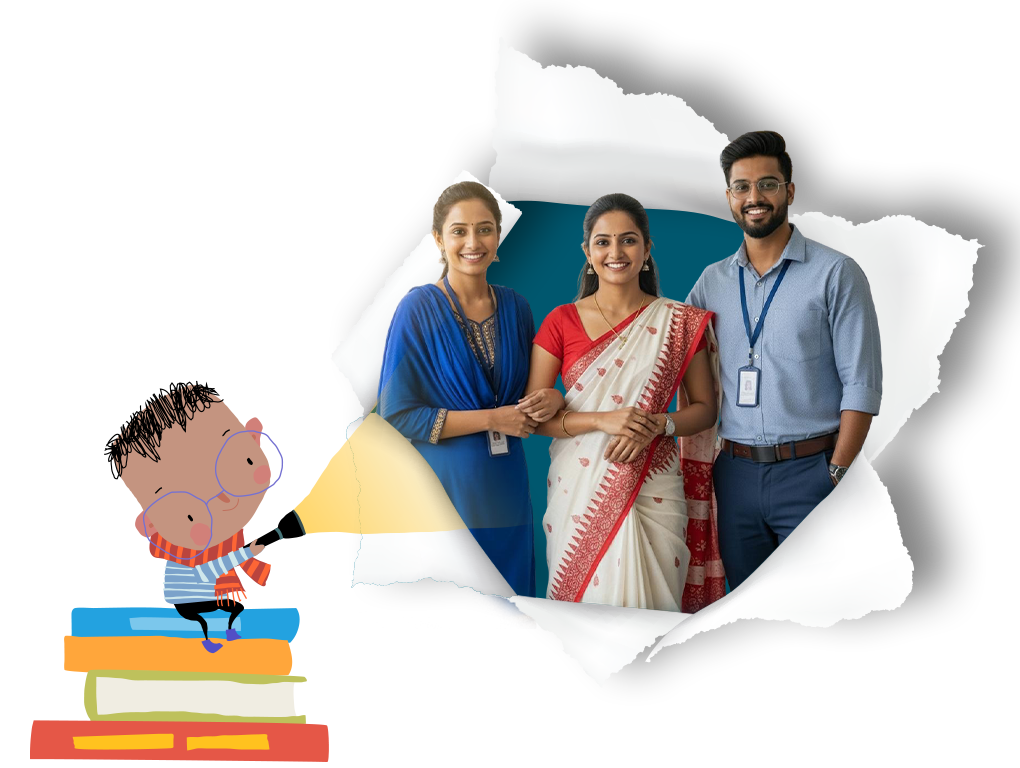
Allied Care
Empowering You to Take Charge of Every Step in Your Child’s Learning, Growth, and Development
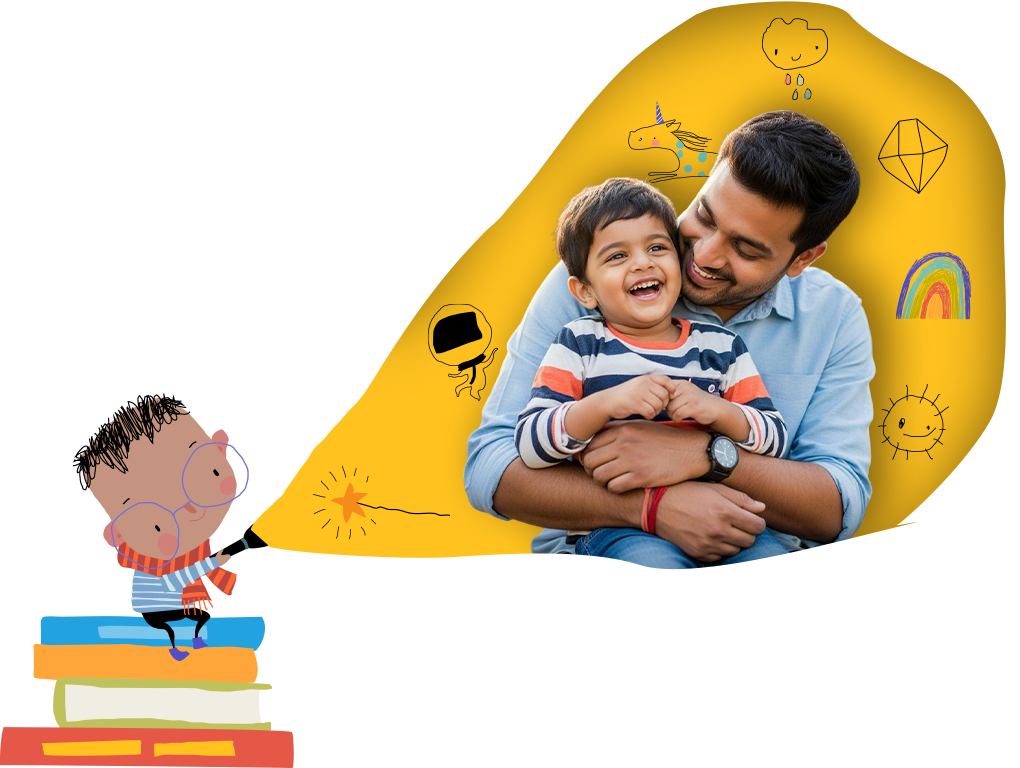
Franchise
Discover First Step Preschool & Day Care Franchise, A platform for self confidence enablement & independence.
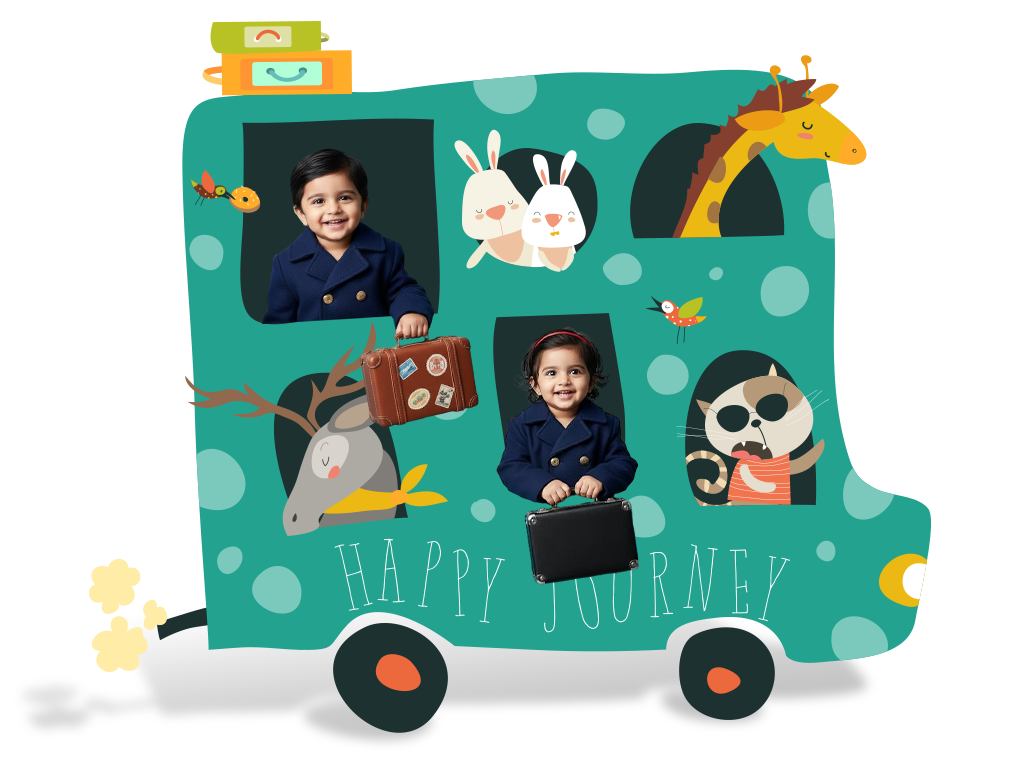
Parenting
We are recognized by our parents for being a constant source of support in their parenting journey.
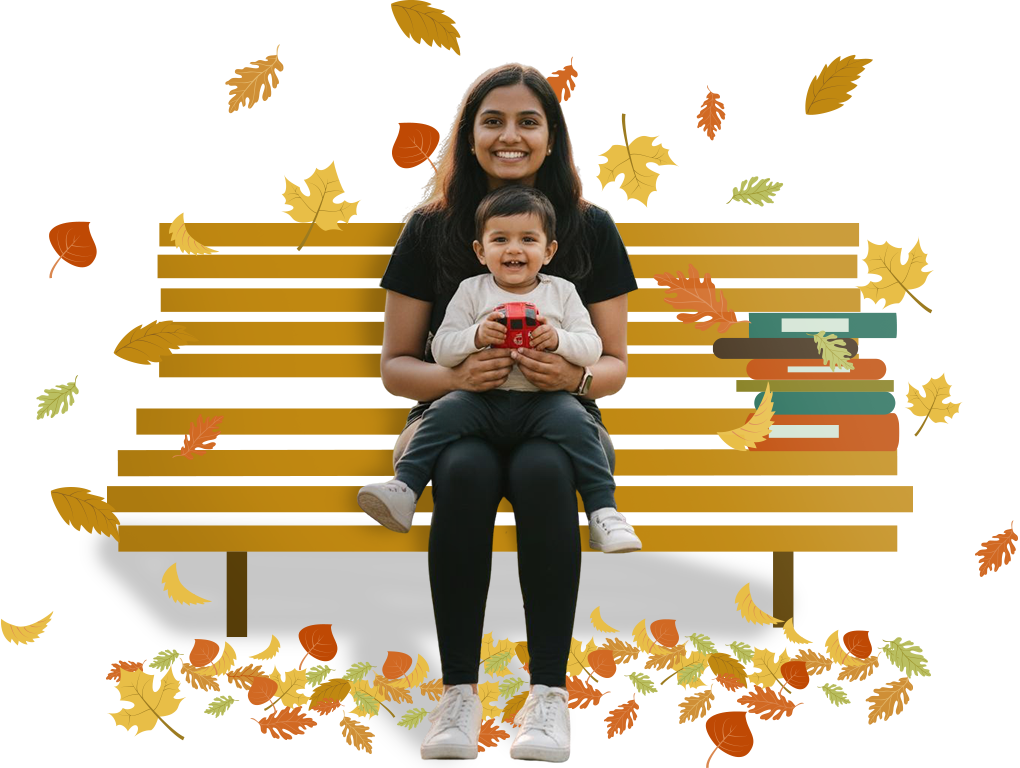
Our Early Years Training Program
Be a certified educator. Make your career in Early Years Education.
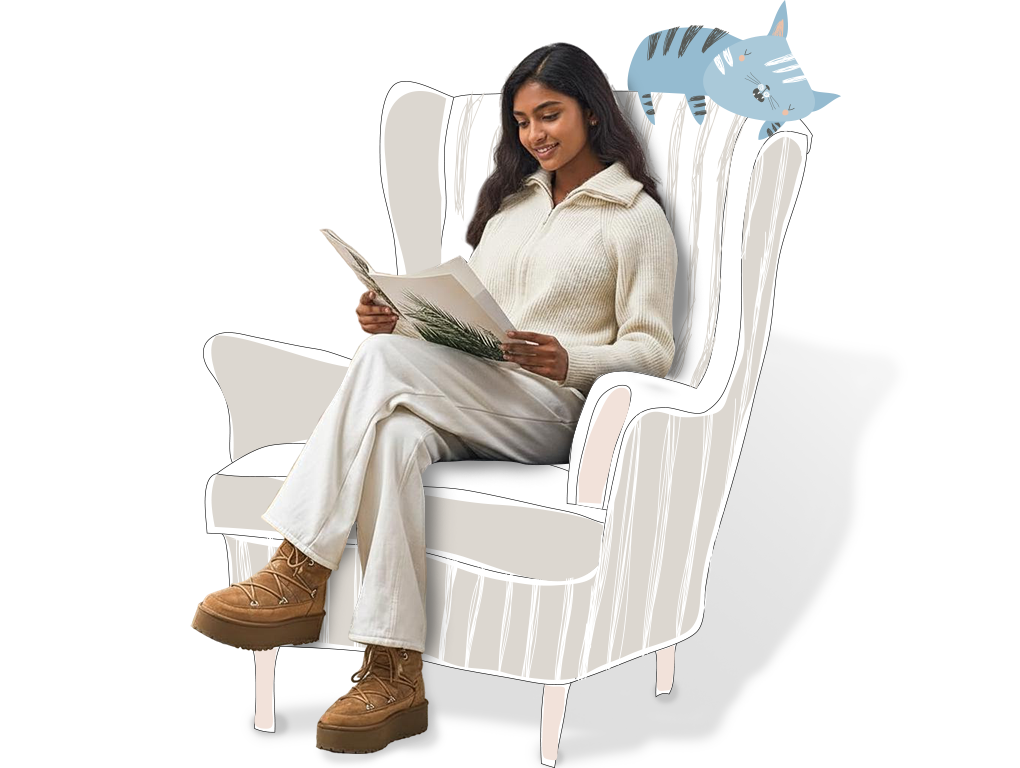
Dynamically Balanced Curriculum Approach
Creative Thinking – Self & Social Intelligence – Academic Mastery
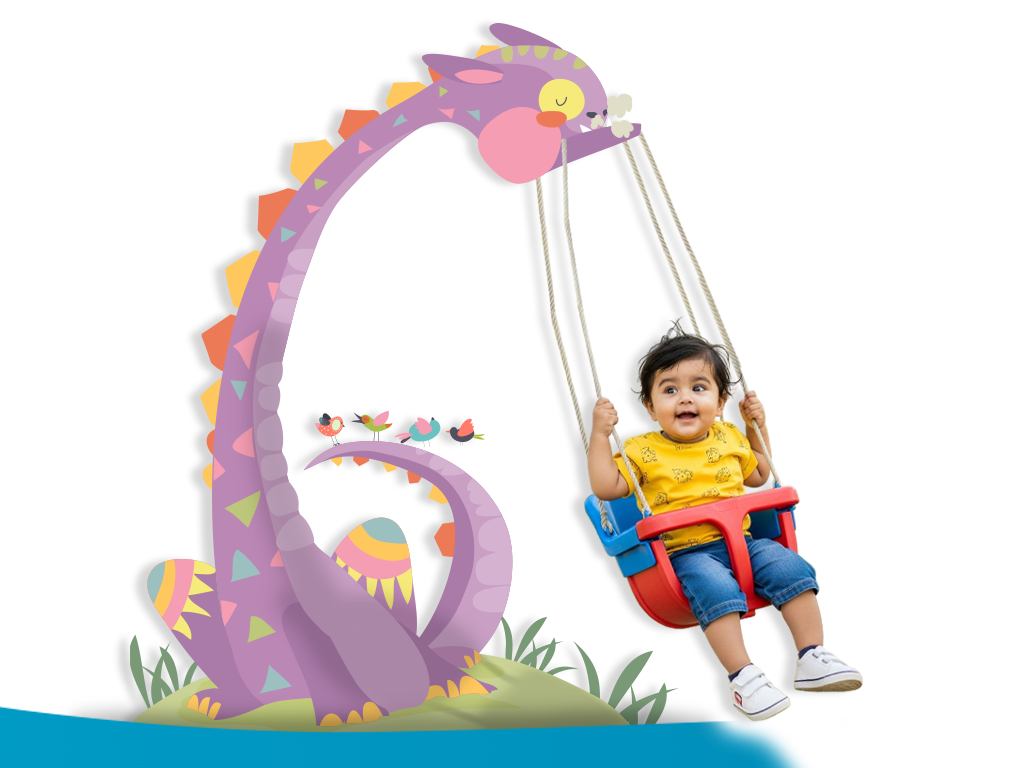
Learn Explore Discover
Children are naturally inquisitive about the world around them. Learning is a continuous progressive evolvement of children through exploration.
